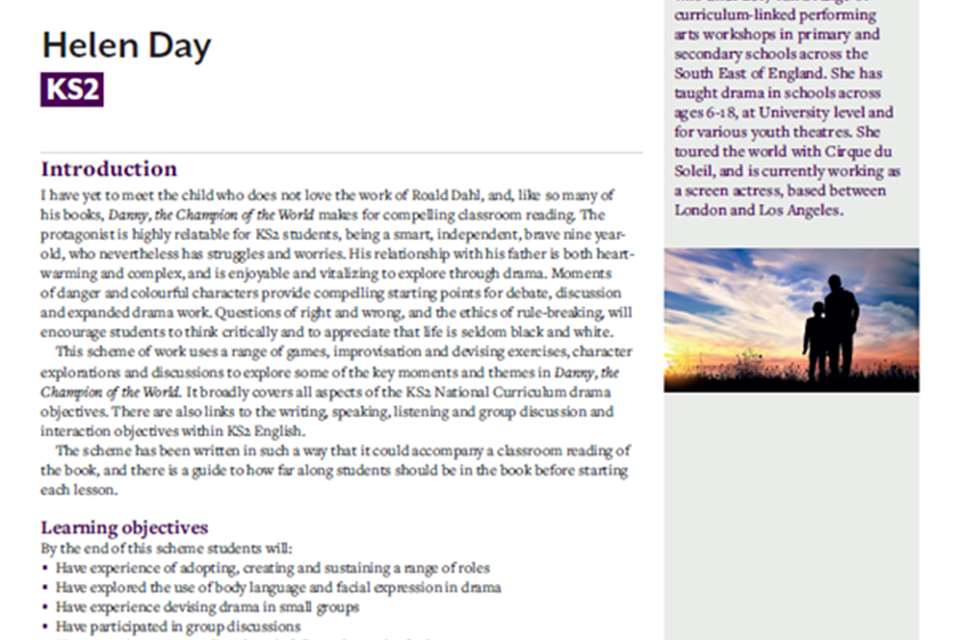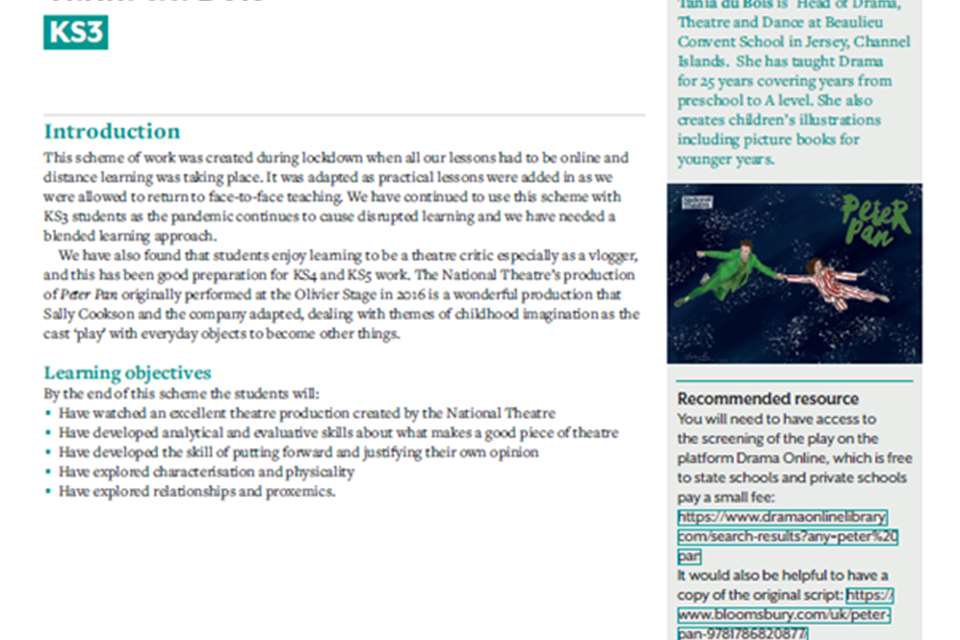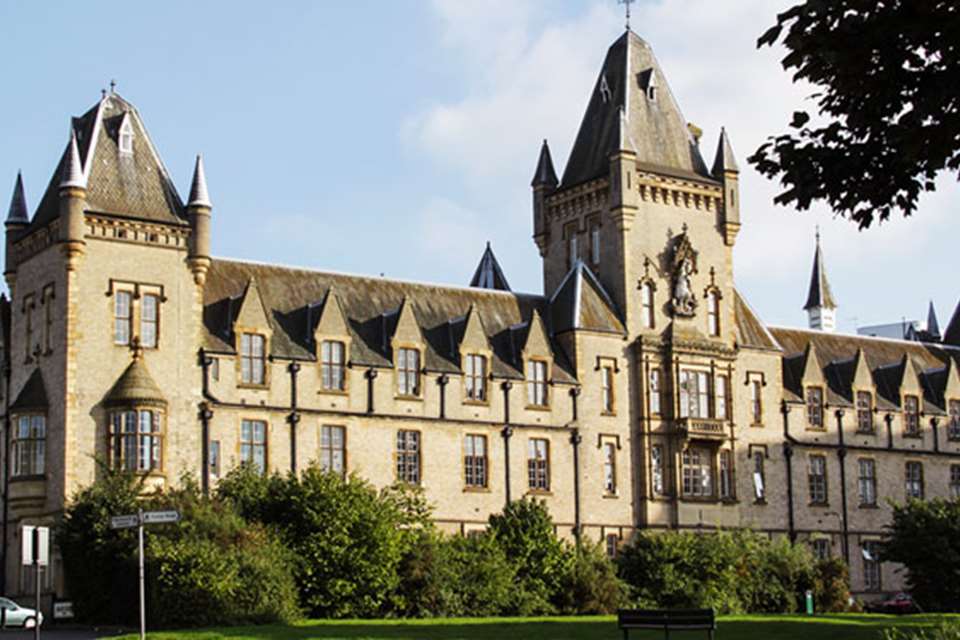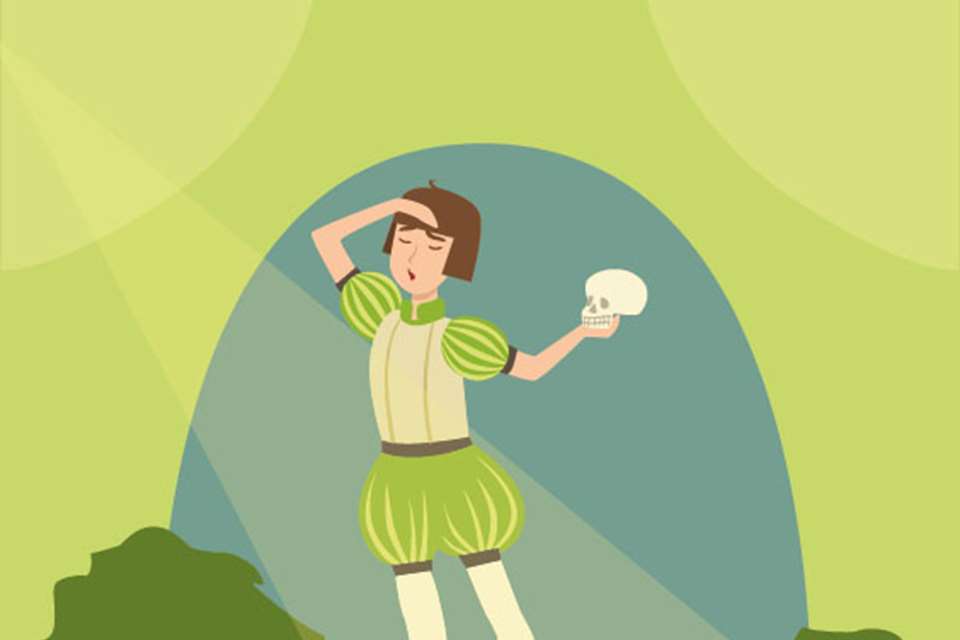Telling untold stories: Belgrade Theatre and Curve Theatre
Freddie Machin
Sunday, May 1, 2022
Two Midlands cities make the case that all theatre should be made for, by, and with the community it serves, as Freddie Machin discovers.
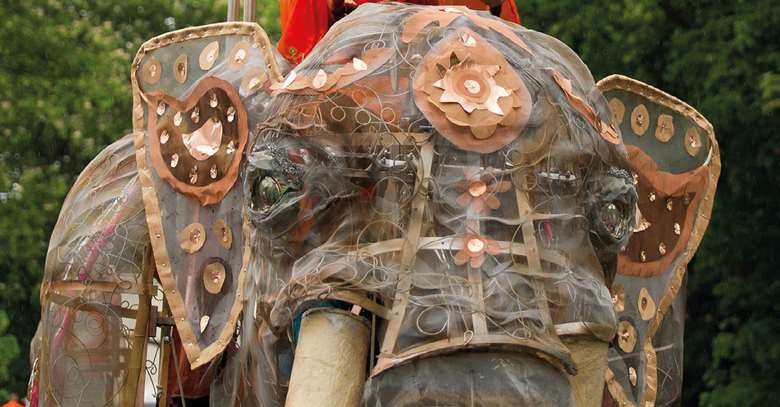
© Visit Leicester
In December 2017, it was announced that Coventry would become the UK's third City of Culture. Like Derry–Londonderry and Hull before it, people from all over the UK and beyond would be invited to share in a year-long celebration with the people of Coventry in a packed programme of public art, dance, music, and drama.
Due to the pandemic however, the festival that should have started in January 2021 was moved back to May, giving the organisers a little more time to come up with an opening ceremony that would bring the city together – but not too close together. With social distancing still being enforced, indoor spaces were completely off-limits, and large gatherings were to be avoided.
Justine Themen was the co-artistic director of the Belgrade Theatre's programme for the City of Culture celebrations and the power behind countless community art projects across Coventry for nearly 20 years.
After a good deal of discussion and reorganisation, Themen and her team decided that the opening ceremony would be a secret. Instead of hosting it at one central venue and inviting everyone, the ceremony would snake its way through the city following the path of the river. At various points the procession would swell into a full-blown performance showcasing one of the city's many historic accomplishments, from two-tone to Lady Godiva, celebrating the influence of any number of cultures and traditions that thrive in the city today.
As the city was emerging from the pandemic on a glorious day in June 2021, the procession became a catalyst for people to celebrate, and the impact was overwhelming. Themen met a resident on a housing estate in the northwest of the city who said: ‘it's the best thing that's ever happened on this estate – and I've lived here for 50 years.’
Change making
Coventry's City of Culture designation has got to be the biggest invitation to create community theatre there is, and the artistic programme could not have been in better hands. One of the titles that Themen goes by is ‘change maker’ – not an official title, she tells me, but more reflective of the way she sees her role.
As a child Themen was shy, which she admits might sound ironic for someone who loved the theatre as much as she did, but she quickly found that drama gave her a voice. It provided the structure and opportunity to say something about the world and allowed her to be herself through the act of being a character.
As an adult she realised that not everyone was given the opportunity to understand themselves or make meaning in the world in the way that she did, and she wanted to help. For six years she lived and worked in Suriname using theatre to promote assertiveness, champion young leaders, and discovering a way to value traditional cultures in a contemporary setting.
When she returned to the UK and began working in mainstream theatre she saw no reason to change her approach, encouraging wider engagement in theatre projects, inviting minoritised groups to participate, and democratising the process as much as possible.
A shift in focus
The conversation in recent years about discrimination, diversity and inclusion has brought her work into sharper focus but the truth is she was always ahead of the curve.
Nothello – the final production in the Belgrade's City of Culture programme – is a new play written by Mojisola Adebayo, which deconstructs the racism inherent within Shakespeare's original text. Over the last year or so Themen has interviewed inter-racial couples across Coventry to inform the production, which will be made up of mixed-race young performers and a mixed-race choir.
Honouring the past in the contemporary moment is also a part of this production which draws a connection between Ira Aldridge, the UK's first black theatre manager, and the communities that live in the city today.
Themen's new role is as a leadership associate at the Royal Shakespeare Company, where she is currently supporting their strategic review into social inequality, asking how a national theatre company can respond to the inequality that the pandemic has exposed.
Finding Home
Just an hour up the motorway in the East Midlands, Curve Theatre is also developing a show that has its roots deep in the local community. Finding Home is a series of three plays devised with the people of Leicester that tells the story of the Ugandan Asian exodus on its 50th anniversary, written by Dilan Raithatha, Ashok Patel and Chandni Mistry.
Dilan Raithatha grew up in an area of Leicester called Little India and has written one of the three plays. His family was directly impacted by Idi Amin's decision to expel nearly 80,000 people of Indian descent in 1972, giving them just ninety days to leave Uganda.
Over the years Raithatha had heard many stories about how difficult it was for people to relocate to the UK from Africa but working on this play meant he could delve much deeper into the history of his own community.
As part of their research, the three playwrights initiated a number of open sessions with the Indian community in Leicester. Together with a representative from the theatre they would invite people to drop in for a cup of tea and a chat about their lives.
But it wasn't easy, and even those who were interested in engaging with the project were wary of speaking openly. After a number of sessions, the team were able to win the trust of the community and the stories flooded out.
Serving the community
Raithatha tells me that in 1972 the city of Leicester took out an advert in a Ugandan newspaper instructing those seeking refuge in the UK not to come to Leicester. This backfired of course as it marked out the city as a place with a strong Indian community already established. And the evidence of history is still visible in the names of shops and business – such as Kampala Jewellers – that adorn the streets of Little India to this day.
Raithatha thinks one of the reasons for people's initial reticence was that they had never thought the theatre was for them. Many of the people he interviewed had never visited Curve despite only living 10 minutes from the theatre. His ambition for this series of plays is that telling the story of a community will include them in a wider conversation about Leicester today, and encourage everyone to feel that the theatre is there to tell their story.
The production that will see all three plays staged at Curve this summer will also be performed and produced by members of the community. They are on the search for actors and performers of all kinds as well as a community team to operate lighting, sound, and design the set.
Every theatre has a responsibility to tell the stories of the people that it represents, and projects like these go a long way towards honouring the lives and experiences of all of us. Telling untold stories and posing bold, and difficult questions is absolutely the remit of our local theatres, and these productions prove that you can do that in collaboration with the community that they serve.
Shows and resources
Nothello 7 – 21 May, Belgrade Theatre, Coventry
Finding Home 29 July – 6 August, Curve Theatre, Leicester
Like There's No Tomorrow – NT Connections play
The first NT Connections play to be co-created with a young company. Written by Justine Themen and the Belgrade Youth Theatre.
This Little Relic – Radio 3 drama
An audio drama available on BBC iPlayer including songs written by the Belgrade's Black Youth Theatre.
Curtain Up Coventry – TV documentary
30-minute documentary about the opening ceremony of the Coventry City of Culture celebrations, also available of BBC iPlayer.


